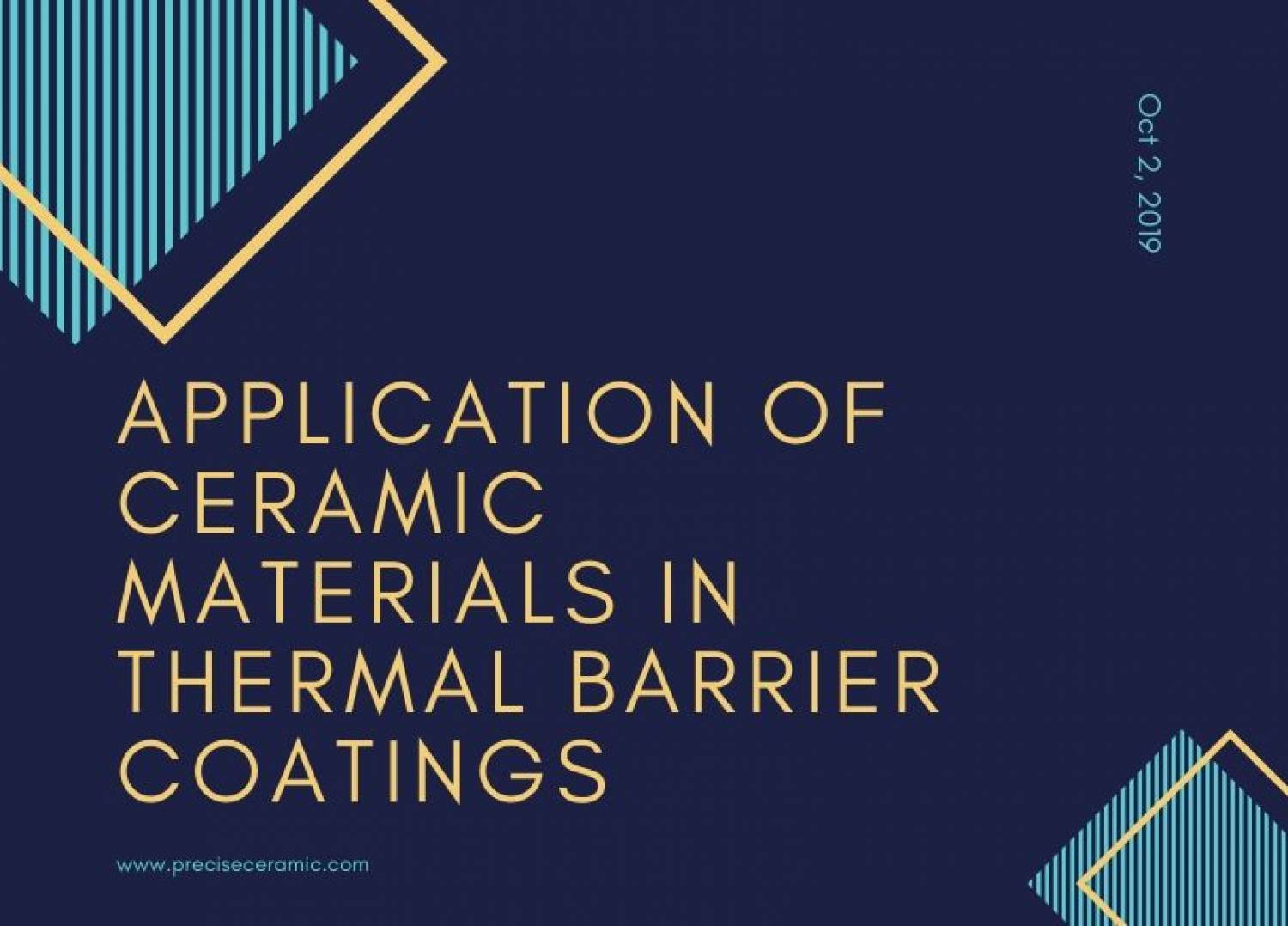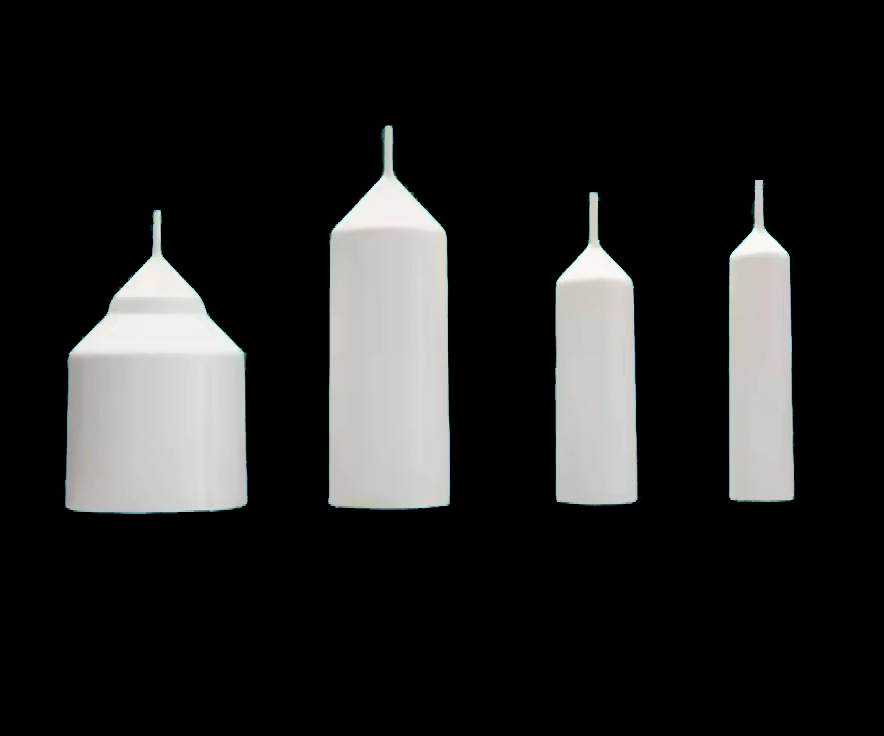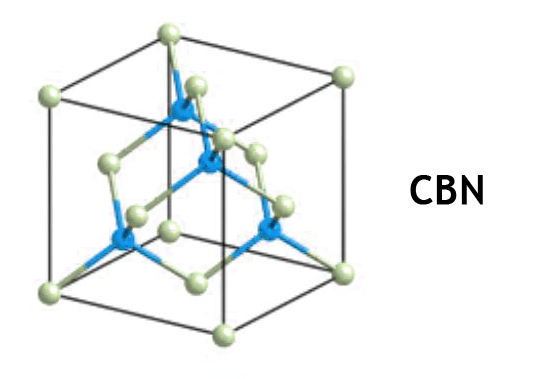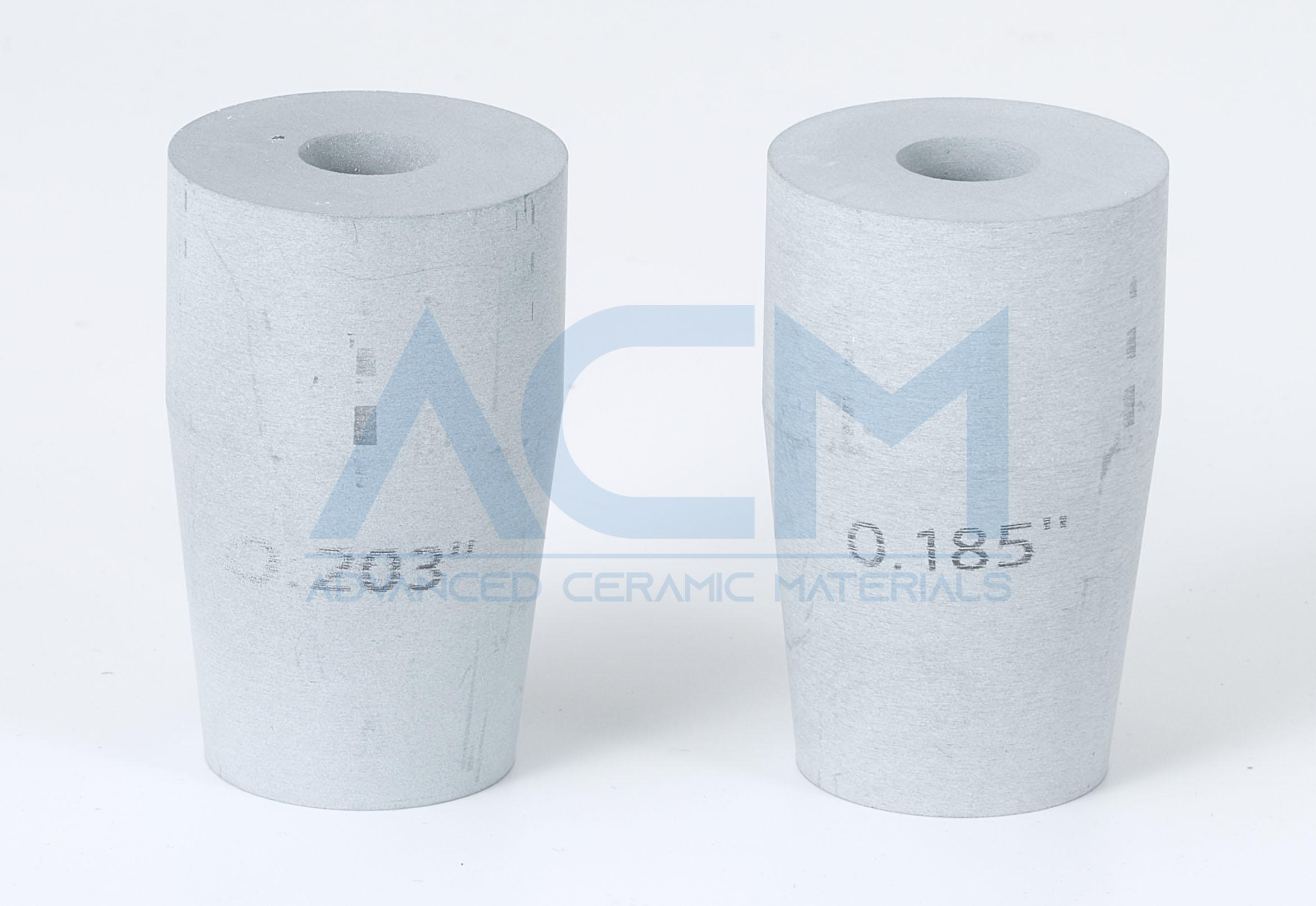Application of Ceramic Materials in Thermal Barrier Coatings

Thermal Barrier Coating (TBC) is a coating made of ceramic materials deposited on the surface of a high-temperature resistant metal or superalloy. The coating insulates the substrate material and lowers the substrate temperature. Devices such as engine turbine blades can operate at high temperatures and can increase the thermal efficiency of devices (engines, etc.) by more than 60%.
In advanced aero engines, thermal barrier coating technology is listed as one of the three key technologies for advanced aero-engine turbine blades with high-temperature structural materials and high-efficiency air-cooling. It utilizes ceramic materials with high-temperature resistance and low thermal conductivity to be combined with metal, which can effectively reduce the surface temperature of the metal in a high-temperature environment, thereby greatly extending the working life of metal parts.
Ceramic materials used in thermal barrier coatings need to have a coefficient of thermal expansion that matches the matrix material as well as resistance to high-temperature corrosion, low thermal conductivity, and phase stability. At present, the commonly used thermal barrier coating ceramic materials are mainly Al2O3, SiO2, ZrO2, wherein zirconia ceramics have a high melting point and low thermal conductivity, and the thermal expansion coefficient is close to that of metal materials, and is widely used as a ceramic material for thermal barrier coating. However, ZrO2 has an allotropic transformation at high temperatures, and the phase change causes a volume change to easily crack or peel off the coating. In order to suppress the homomorphic transformation of ZrO2 at high temperatures, ZrO2 partial stabilization is usually achieved by using stabilizers such as MgO and Y2O3.
The TBCs can significantly reduce the substrate temperature, hardness, chemical stability, and has the advantages of preventing high temperature corrosion, prolonging the service life of the hot end parts, improving engine power and reducing fuel consumption. The emergence of TBCs opens up new avenues for dramatically improving the performance of aerospace engines.
Since the 1970s, the United States, Britain, France, Japan and other countries are competing to develop TBCs coatings, and apply them in aero engine heat such as blades, combustion chambers, heat shields, nozzles, flame tubes, tail nozzles, etc.
With the continuous advancement of large aircraft, surface gas turbines, and solid fuel engine technologies, the demand for TBCs will become larger. TBCs will be hot in the fields of aerospace, shipbuilding, nuclear industry, and automobiles. There is a wide range of application prospects on the components. At the same time, the thermal barrier coating manufacturing process and equipment will be continuously improved, the designer will have a more comprehensive understanding of the thermal barrier coating, and the technology of the thermal barrier coating process will be more sophisticated.
For more information about ceramic materials, please visit https://www.preciseceramic.com/.
{{item.content}}
LEVE A REPLY
{{item.children[0].content}}
{{item.content}}










